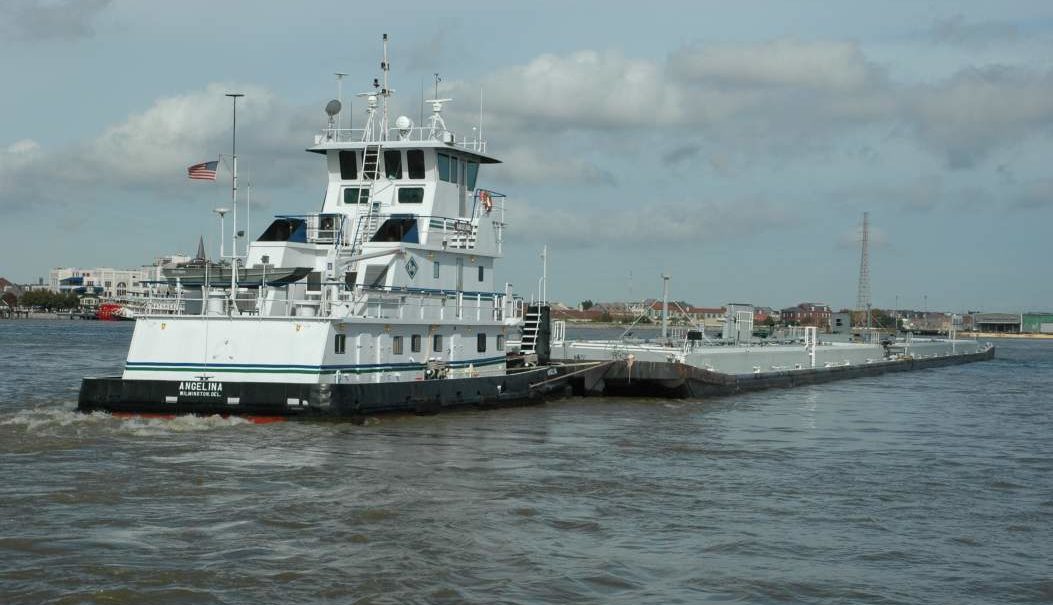Now that towing vessel operators are nearing full compliance with Subchapter M, the industry is setting its sights on the potential effect it will have on legal liabilities. Operators should expect Subchapter M to affect every potential claim, and compliance is crucial to avoiding liabilities.
The Jones Act imposes several possible adverse legal consequences on the employer in the event a statutory or regulatory violation causes an injury to a seaman:
- Any defense that the accident was caused by the negligence of the seaman is lost;
- The legal cause of the incident is presumed to be because of the violation; and
- The employer is required to prove that the violation could not have contributed to the accident. As operators can attest, inspection under Subchapter M is likely to make it even easier for seamen to win personal injury cases against towing vessel operators.
The reach of Subchapter M may extend to claims from contractors that board towing vessels. Maritime law currently allows a vessel operator to assume that a contractor is competent and, consequently, does not impose a duty to warn them of the hazards that are an inherent part of a given task. Subchapter M, however, calls for such contractors to receive “training on hazards relevant to their potential exposure on or around the vessel.” (46 CFR 140.415, 140.515) Thus, Subchapter M’s expansion of an operator’s duties to contractors may necessarily increase potential liabilities to those contractors.
Operators that choose the Towing Safety Management System (TSMS) option may face more liability issues than those proceeding under the Coast Guard inspection option. A TSMS “establish[es] policies, procedures, and required documentation to ensure the owner or managing operator meets its established goals while ensuring continuous compliance with all regulatory requirements.” (46 CFR 138.205) Subchapter M requires a towing vessel operator to comply with its TSMS. (46 CFR 138.115, 138.305) Therefore, any failure to adhere to TSMS requirements could create new avenues for legal liability.
Additionally, Subchapter M imposes navigation requirements that will be utilized by claimants in collision and allision incidents. (46 CFR 140.620-140.625) Subchapter M also provides the Coast Guard with new bases for asserting administrative claims against vessel owners and in suspension and revocation proceedings against crewmembers. (46 CFR 140.1000, 140.1005) The required degree of involvement of shoreside management under the TSMS option will make it more difficult for operators to limit their liability pursuant to the Shipowner’s Limitation of Liability Act.
Subchapter M aims to improve safety and prevent injuries aboard towing vessels. Unfortunately, operators may find that it has the unintended and costly consequence of undermining reasonable and fair defenses against claims in legal proceedings involving all aspects of towing vessel operations. Operators can counter this potential risk by ensuring strict compliance with Subchapter M.




